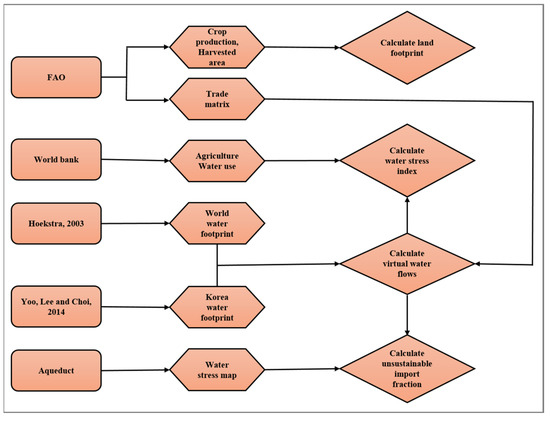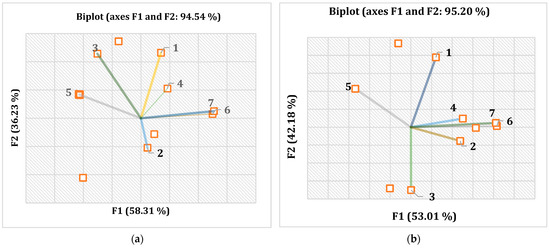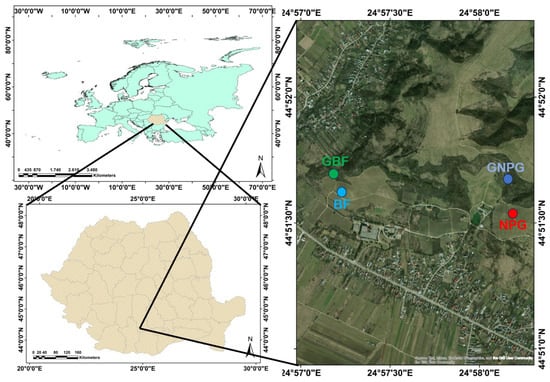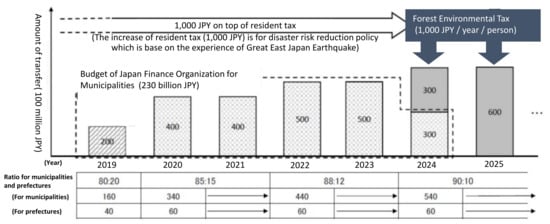Landscape Approaches in Era of Post-2020 Global Biodiversity Framework: Sustainable Forestry and Agriculture, Close-to-Nature Forestry, and Conservations in OECMs
A topical collection in Sustainability (ISSN 2071-1050).
Viewed by 4160Editors
Interests: ecosystem service; NTFPs; geographical Indications
Special Issues, Collections and Topics in MDPI journals
Interests: urban planning; land use planning; landscape management
Interests: urban regional management; GIS; land-use dynamics
Special Issues, Collections and Topics in MDPI journals
Topical Collection Information
Dear Colleagues,
It is our pleasure to invite researchers in the fields of forestry and agricultural sciences, environmental economics, urban forestry and agricultural planning, and ecology, who have a multidisciplinary approach, to submit papers to this Special Issue.
We welcome submissions on sustainable management and strategies regarding forest resources, including mangrove forests. In terms of sustainable management, this Special Issue will focus on local perceptions considering Sustainable Development Goals (SDGs) and the post-2020 global biodiversity framework of the Convention on Biological Diversity (CBD), which are expected to be agreed upon in May 2022. Other international-level conservation schemes of forests will also be highlighted, such as the Other effective area-based conservation measures (OECMs) and the Landscape approach. There are regional efforts in the EU on forest management, for instance, the close-to-nature forest certification and the New EU Forest Strategy for 2030. Climate-change-related measures both in agriculture and forestry were introduced in Japan this year as a strategy for sustainable food systems, for example MeaDRI. Case studies and/or theoretical topics under this Special Issue can include perceptive studies of local communities, the economic valuation of local ecosystem services, forest transition, values for communities, and participatory approaches of forest management, monitoring, and policymaking.
Furthermore, the scope of this issue includes: policy analyses at local, national, and international levels, considering the recently updated forest strategies in EU and Asian countries; and benefit sharing both from global and local perspectives, including producers, consumers, and policymakers. Emerging concepts such as nature’s contribution to people (NCP) are also highlighted in this issue to explore the policy-relevant concepts for forest strategies and related policies and schemes.
We will also include international schemes such as REDD+ for regional and global strategies. There are different types of policies and actions for sustainable resource management. Sustainable forest management and related environmental management can be expanded and implemented based on the local and global collaborations of various stakeholders. Considering the transformative changes in the fields of environmental management, innovative local and international schemes for this management are highlighted in this Special Issue.
Prof. Dr. Ryo Kohsaka
Dr. Chika Takatori
Dr. Yuta Uchiyama
Dr. Satomi Kohyama
Guest Editors
Manuscript Submission Information
Manuscripts should be submitted online at www.mdpi.com by registering and logging in to this website. Once you are registered, click here to go to the submission form. Manuscripts can be submitted until the deadline. All submissions that pass pre-check are peer-reviewed. Accepted papers will be published continuously in the journal (as soon as accepted) and will be listed together on the collection website. Research articles, review articles as well as short communications are invited. For planned papers, a title and short abstract (about 100 words) can be sent to the Editorial Office for announcement on this website.
Submitted manuscripts should not have been published previously, nor be under consideration for publication elsewhere (except conference proceedings papers). All manuscripts are thoroughly refereed through a single-blind peer-review process. A guide for authors and other relevant information for submission of manuscripts is available on the Instructions for Authors page. Sustainability is an international peer-reviewed open access semimonthly journal published by MDPI.
Please visit the Instructions for Authors page before submitting a manuscript. The Article Processing Charge (APC) for publication in this open access journal is 2400 CHF (Swiss Francs). Submitted papers should be well formatted and use good English. Authors may use MDPI's English editing service prior to publication or during author revisions.
Keywords
- urban forestry
- mangrove forest management
- landscape approach
- benefit sharing
- close-to-nature forestry
- community perceptionsș












